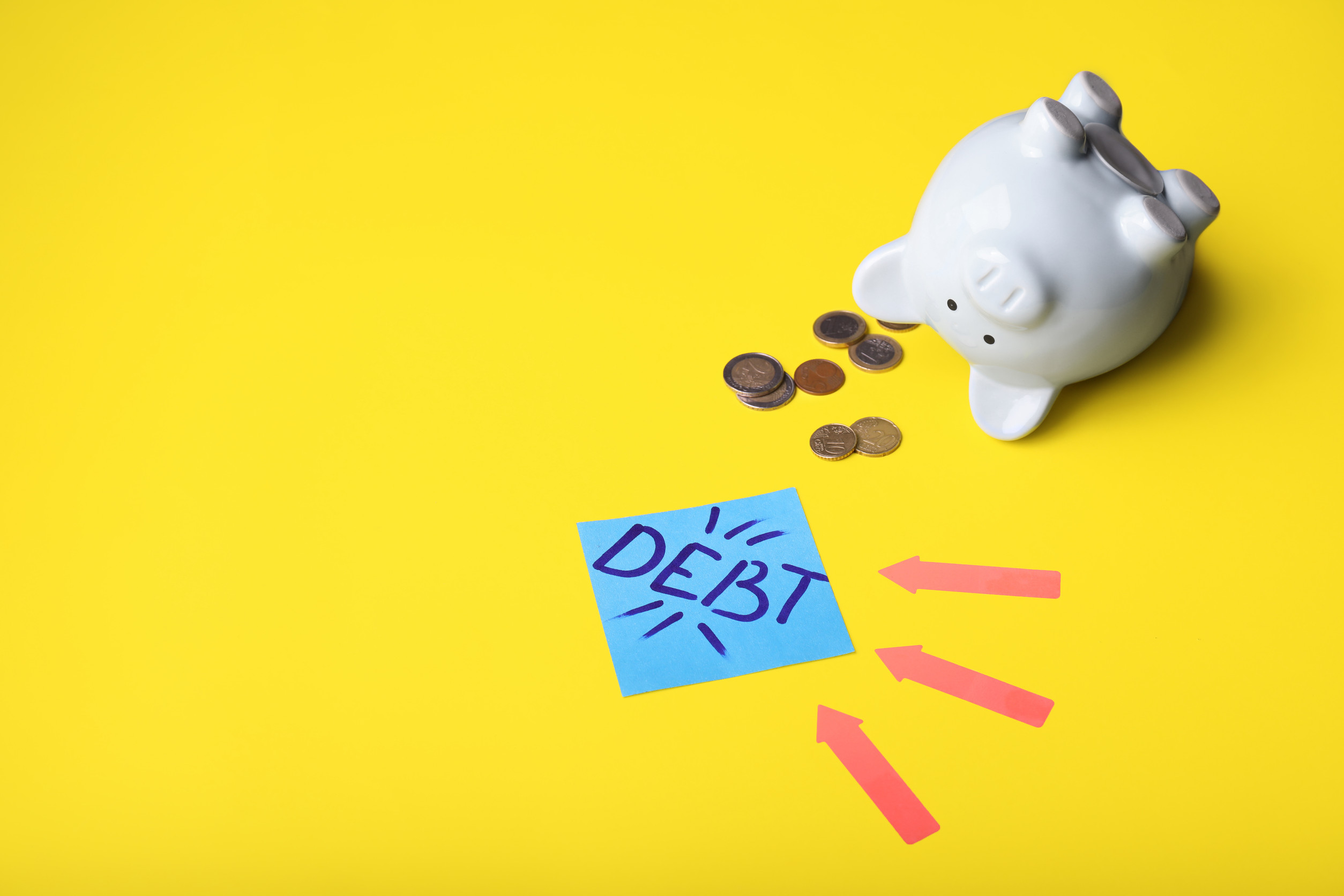
Debt isn’t just numbers on a statement—it’s a shadow that lingers over bank accounts, late-night thoughts, and future plans. People whisper about it like it’s taboo, yet nearly everyone has it. From student loans to car payments, debt is a language many speak fluently but never want to admit.
The strange part? The truths about debt are often not what financial gurus, lenders, or even friends want to talk about.
1. Debt Thrives on Silence
Debt is the quiet guest at the table that no one wants to acknowledge, yet it feeds on secrecy. The less people talk about it, the bigger it grows, thriving in the shadows of shame. Creditors rely on silence because the less informed borrowers are, the more interest racks up unnoticed.
What seems like personal failure is often engineered by systems that count on embarrassment to keep people quiet. Speaking openly about debt is often the first weapon against its control.
2. Interest Is the Real Mastermind
The purchase may feel like the problem, but it’s the interest that actually calls the shots. A single swipe of a credit card might take years to fully pay off thanks to compounding rates. Lenders don’t just profit when people borrow—they profit most when balances linger. That’s why minimum payments are designed to look small but stretch repayment timelines endlessly. The true enemy isn’t debt itself but the time bomb of interest attached to it.
3. Not All Debt Is Equal
The word “debt” sounds singular, but it wears many disguises. A mortgage might be seen as “good” because it builds equity, while credit card debt is branded “bad” because it drains wealth. Yet the labels aren’t the full story—context matters more than categories. A student loan could be a ticket to a career or a lifelong financial anchor, depending on the payoff. The strangest truth is that debt itself isn’t inherently bad; it’s the deal behind it that matters.
4. Minimum Payments Are a Trap
There’s a reason credit card statements highlight the minimum payment in bold. It feels manageable, even comforting, but it’s a calculated illusion. Paying only the minimum ensures balances stick around long enough to generate massive profits for lenders. People often think they’re staying afloat, but really, they’re sinking slowly in quicksand. Minimum payments are the fine print’s favorite trick to keep debt eternal.
5. Debt Is a Global Addiction
Debt isn’t just a personal issue; it’s a worldwide phenomenon. Entire countries rely on borrowing to keep economies running, stacking up trillions in national debt. Strangely enough, the same rules apply at both the personal and global level: borrowing is easier than repaying. If nations can’t live without debt, it makes sense that individuals struggle too. The addiction to borrowing is less a flaw of character and more a feature of the entire system.
6. Debt Shapes Behavior More Than People Admit
People make daily choices based not on what they want but on what they owe. Monthly payments often dictate careers, relationships, and even where someone lives. Debt creates invisible boundaries, forcing decisions that feel like personal preferences but are actually financial constraints. Someone may think they’re choosing stability when, in reality, they’re choosing to manage debt. The quiet influence of debt often steers lives more than conscious plans do.

7. Debt Collectors Play on Fear
Collectors know fear is a powerful motivator, and they use it skillfully. From scripted phone calls to letters marked with bold threats, the strategy is psychological first and financial second. The goal isn’t always to inform but to intimidate. Many people are unaware that they still have rights, even when collectors claim the law is on their side. Fear keeps people paying, even when negotiation or alternatives exist.
8. Bankruptcy Isn’t Always the End
Bankruptcy sounds like the final curtain, but it can actually be a reset button. While it damages credit, it also provides relief and structure where chaos once reigned. Some of the most successful businesspeople and entrepreneurs have filed for bankruptcy before thriving again. The stigma is heavier than the reality, which is why many people avoid it until it’s unavoidable. In truth, bankruptcy can sometimes be the first step toward recovery, not ruin.
9. Debt Doesn’t Just End—It Transfers
Many assume debt dies when a borrower does, but that’s not always true. Certain debts can pass on through estates, reducing inheritances or burdening co-signers. The illusion that debt vanishes at the end of life hides the fact that it often lingers behind. Families can be shocked to find debts waiting after a loss. The strange reality is that debt can outlive the person who created it.
Facing the Shadows of Debt
Debt is more than a number—it’s a force that shapes choices, fuels industries, and even defines entire economies. The uncomfortable truths about it reveal how much of life is influenced by what’s borrowed rather than what’s owned. The silence surrounding debt allows myths to grow while lenders profit from misunderstandings. Breaking that silence and confronting these realities is the first step toward control.
What do you think—does debt shape your world more than you realized? Share your thoughts in the comments.
You May Also Like…
- 5 Strange Situations Where You Could Be Forced to Pay Someone Else’s Debt
- 8 Surprising Purchases That End Up on Debt Collectors’ Lists
- 8 Popular Finance TikToks That Just Lead to More Credit Card Debt
- 7 Awkward Truths About Accepting Financial Help From Your Parents
- How Debt-Cleanup Apps Push Paid Loans Under the Hood
The post 9 Strange Truths About Debt That Nobody Wants to Hear appeared first on Everybody Loves Your Money.







